What’s Your Time Perspective?
Are you someone that gets stuck in the past? Perhaps you’re one of those people who lives for the moment? Or are you always looking ahead to the future? Our time perspective, plays a key role in virtually every decision we make and therefore, has a large influence on the way we live our lives.
Back in the late 90’s Stanford University Professor Philip Zimbardo, along with his colleague John Boyd, coined the idea of time perspective. According to their theory, our time perspective is our unconscious and habitual way of viewing things, and influences many of our judgements, decisions and actions.
Zimbardo and Boyd (1999) identified 5 different time perspectives types:
1. The ‘Past-Negative’ Type - they tend to focus on negative experiences and what has gone wrong in the past. They live in a world of regrets, ‘what could have beens’ and generally have a pessimistic view of their lives and the world. They prefer to think of themselves as ‘realists’ - they believe the way they view the world is ‘the true’ reality.
2. The ‘Past-Positive’ Type - they take a nostalgic view of the past and look back on the ‘good old days’. They tend to stay in close contact with family and friends and have happy romantic relationships. They can however be overly cautious and have a ‘better safe than sorry’ approach which can hold them back.
3. The ‘Present-Hedonistic’ Type - they are dominated by pleasure-seeking impulses, and are reluctant to postpone feeling good for the sake of a greater gain later. They are a ‘live for the moment’ type who are popular but often live a less healthy lifestyle and take more risks.
4. The ‘Present-Fatalistic’ Type - they feel their fate is pre-determined and believe they have very little or no control over what happens to them. This could be influenced by religious beliefs or a realistic assessment of having lived or currently living with extreme hardships.
5. The ‘Future-Orientated’ Type - are always thinking ahead and planning for the future. They are extremely hard workers and believe their efforts will lead to success. Their investment in their future can come at the cost of close relationships and recreation time.
All five types will come into play in our lives at some point, but most of us will probably identify more with one or two of them.
Achieving a Balanced Time Perspective
Whichever type(s) you identify with the most, the aim for all of us is to achieve a balanced time perspective in order to live a happier life! According to Zimbardo (2002) “in an optimally balanced time perspective; the past, present, and future components blend and flexibly engage, depending on a situation’s demands and our needs and values.”
In other words, people with a balanced time perspective are capable of adapting their type depending on the situation they’re in. For example, when spending time with family and friends, they are fully ‘with them’ in the moment. Or if they’re studying, they transition into a future-orientated type to enable them to work more productively.
Being able to transition from one type to another may be easier for some than others. For example, for someone who finds themselves stuck in the present-fatalistic time perspective most of the time, they will probably find it very difficult to transition to the ‘future-orientated’ perspective.
A good place to start trying to gain a balanced time perspective is to identify which perspective you tend to spend the most time in. You can do this here.
Once you’ve established this, you know what steps you need to take in order to gain some balance.
In Summary: our time perspective influences our individual choices and actions, and can actually make up a large part of our personality and behaviours. Constructing a balanced time-perspective and being able to switch flexibly between time frames is a skill we should all try and possess in order to achieve a more positive outlook on life.
You can access more content like this with a T2 Hub licence.


